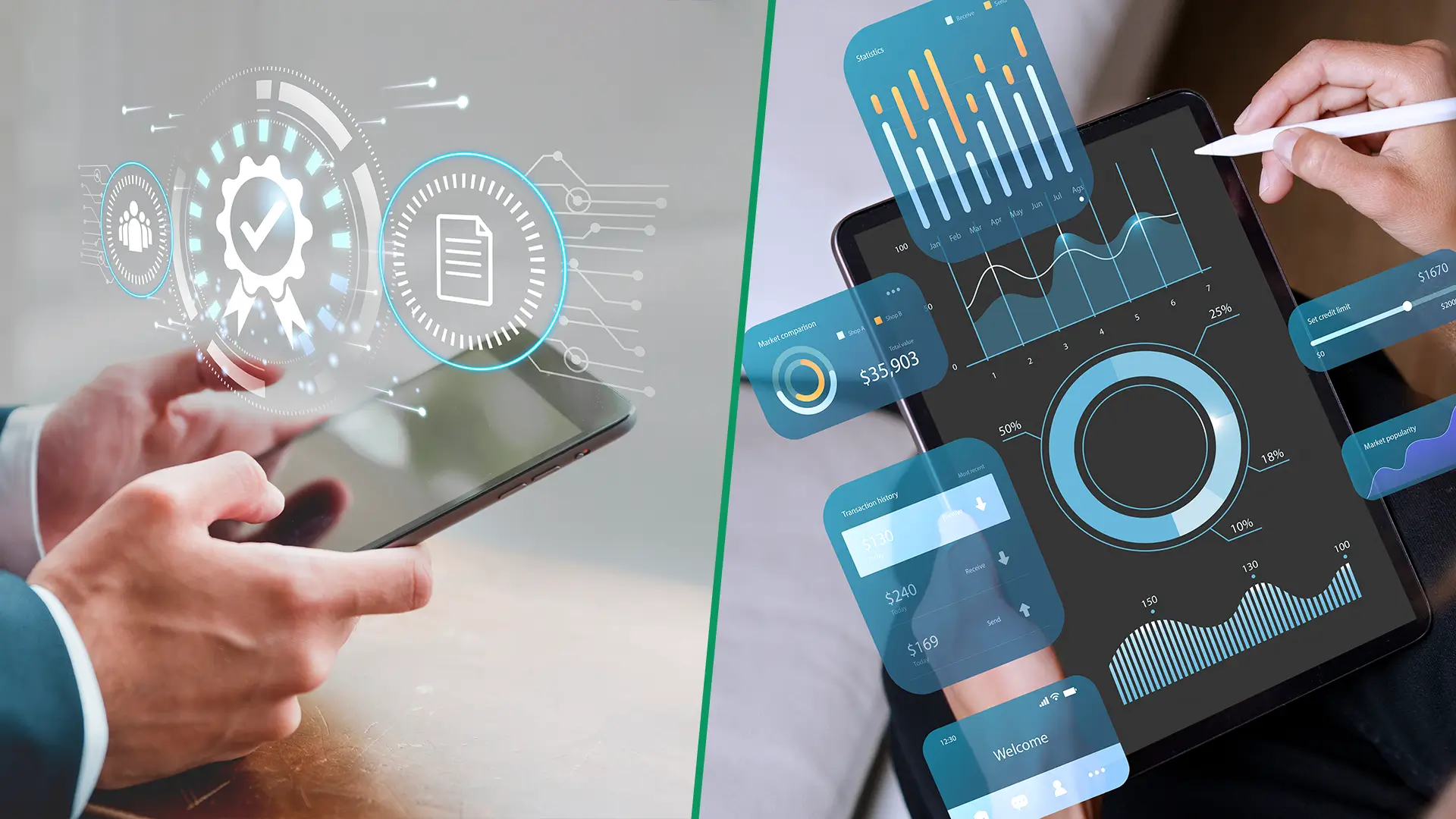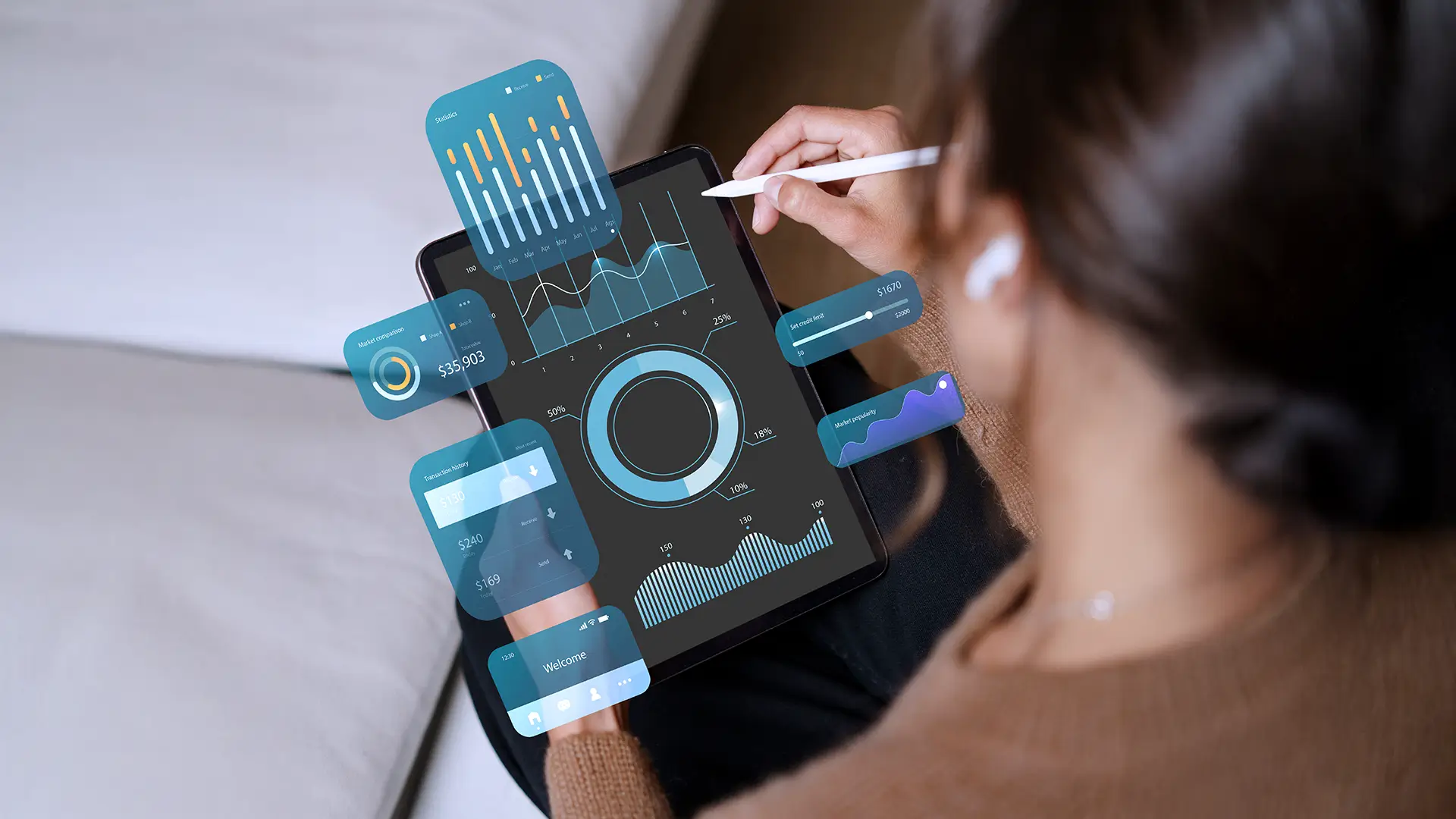AI-Powered Key Takeaways
Businesses are under constant pressure to keep up with emerging technologies, shifting consumer expectations, and economic uncertainties. Amid these challenges, ensuring software remains future-ready is more critical than ever.
Future-proof software testing is no longer optional; it’s a necessity. By implementing robust and adaptable testing practices, businesses can build solutions that not only meet current demands but also scale to accommodate future advancements. For instance, as enterprises increasingly adopt AI and IoT technologies, software must be tested for scalability, performance, and integration to prevent costly failures down the line.
This blog delves into the importance of future-proof software testing and offers insights into strategies that empower organizations to remain resilient and competitive in the long run.
Why Are Future-Proof Systems Essential?
A future-proof software system is the cornerstone of long-term business success, as it ensures adaptability, dependability, and cost-efficiency in an ever-evolving technological landscape. By incorporating key traits like business value, changeability, and dependability, organizations can create systems that not only meet current demands but also remain resilient and effective over time.
In contrast, legacy systems that lack future-proofing often evolve unpredictably, resulting in complex dependencies, arbitrary code, and high maintenance costs. These challenges are especially prominent in industries like local government, energy, and finance, where outdated software becomes cumbersome to manage due to budgetary or regulatory constraints.
Future-proof testing plays a pivotal role in mitigating these risks. Automated testing strategies ensure software systems are reliable, secure, and adaptable to change. They streamline release cycles, reduce manual effort, and enhance the overall quality of applications while maintaining cost efficiency. Organizations that prioritize future-proof testing safeguard their software’s long-term value and operational effectiveness, ensuring that their systems remain robust, scalable, and ready for whatever lies ahead.
Different Types of Future-proof Testing
Creating robust, future-proof systems requires rigorous testing practices. Future-proofing demands consistent adherence to best practices and standards, achieved through continuous and regular testing. By implementing future-proof testing strategies, organizations can safeguard their systems against potential challenges and uncertainties, ensuring longevity and reliability.
● Consultative Testing
Consultative testing is a proactive method to future-proof software systems. Testers create user-simulating tests to evaluate functionality and usability based on future use cases. This approach provides developers with deeper insights into end-user needs, enabling them to address potential issues in advance. The result is more efficient testing cycles and the development of resilient, future-ready systems.
● Maintainability Testing
Maintainability testing plays a crucial role in ensuring that software remains adaptable over time. Post-deployment, new bugs and requirements are inevitable, often emerging within tight deadlines. Automation testing, supported by a robust automated test suite, is essential for conducting reliable component testing. Prioritizing maintainability ensures that the software can be efficiently updated, meeting evolving requirements without sacrificing quality.
● Automation Testing with Reliable Tools
Future-proof testing requires the integration of dependable, regularly updated external tools and services. Automation frameworks like Selenium, Appium, and Cypress streamline the creation of automated test scripts for diverse platforms, including various hardware, software, and browsers. By leveraging these tools effectively, organizations can enhance testing efficiency, accuracy, and scalability, ensuring the long-term sustainability and success of their software systems.
Techniques for Future-Proofing Software Testing
Adopting a future-proof mindset in software testing from the outset ensures adaptability and longevity. Here are key techniques to achieve this:
1. Clean Architecture
The Clean Architecture methodology, proposed by Robert C. Martin, emphasizes creating systems that remain robust amidst evolving external factors. By leveraging API-based designs and extensive automation, this approach ensures software independence from changing dependencies, enhancing its resilience over time.
2. Leveraging Cloud Solutions
Shifting to cloud-based tools offers cost-effective scalability and secure storage, enabling businesses to enhance agility, streamline collaboration, and ensure uninterrupted access to critical data. Cloud adoption connects siloed teams, harmonizing skills for future IT advancements.
3. Avoiding Long-Term Forecasts
Forecasting trends in software development can be unreliable and resource-intensive. Instead, focusing on real-time market demands ensures agility and prevents wasteful investments in speculative projects. Adapting to current trends fosters faster, more relevant development cycles.
4. Enhancing Scalability
Scalable IT strategies help businesses adapt to growth and changing needs without disrupting operations. Prioritizing agility and incorporating testing automation allows organizations to seamlessly integrate new systems, ensuring future readiness.
5. Continuous Iterations
Frequent, incremental updates reduce the risk of unexpected failures and ensure alignment with evolving user needs. A continuous integration approach supported by future-proof testing practices ensures responsiveness to changing demands without overinvesting in features users don’t require.
6. Adapting to Remote Work
The shift to remote work demands robust technology infrastructure. Investing in scalable systems that support flexibility, seamless communication, and secure access ensures productivity and sustainability in a rapidly evolving work environment. Future-proof testing validates these systems' readiness for long-term remote operations.
Related Blog: How to Test Your Mobile Apps from Anywhere
How HeadSpin Helps Businesses in Embracing the Future-proof Testing?
To ensure future-proof testing, automation is essential. HeadSpin’s cloud-based platform offers an all-in-one solution to streamline and enhance testing processes. By enabling efficient automation across multiple devices simultaneously, businesses can save significant time, resources, and costs.
HeadSpin integrates seamlessly with advanced automation frameworks like Appium and Selenium, allowing for the automation of complex user journeys. Key features such as performance regression testing, CI/CD integration make it an indispensable tool for future-proof testing.
Benefits of Using HeadSpin:
- Root Cause Analysis: Identify issues like slow methods, hung processes, and bloated third-party SDKs.
- Cross-Platform Evaluation: Test compatibility and performance across diverse devices and operating systems.
- Custom KPIs: Create and assess unique KPIs using HeadSpin’s advanced data science capabilities.
- Real-World Simulations: Design and execute test scenarios incorporating third-party services and real-world conditions.
- Global Device Access: Leverage HeadSpin’s Global Device Infrastructure to test on real devices in over 50+ locations worldwide.
- Framework Integration: Work seamlessly with leading testing frameworks like Appium, Selenium, and Appium Inspector for an optimized testing workflow.
With HeadSpin, businesses can embrace future-proof testing practices, ensuring their systems remain reliable, scalable, and aligned with evolving market demands.
Conclusion
Testing plays a pivotal role in future-proofing software, whether it’s designed for internal operations or consumer use. Future-proofing ensures that software remains resilient to change, enhances business value, and improves dependability. Achieving this requires adopting robust software architecture, adhering to ISO guidelines, and embracing continuous delivery practices. Incorporating consultative, maintainability, and automation testing into the development process is essential to building systems that stand the test of time.
For businesses looking to future-proof their testing strategies, HeadSpin offers an AI-driven platform that integrates seamlessly with existing frameworks. From automation to performance optimization, HeadSpin empowers organizations to stay ahead in a constantly evolving technological landscape.
Take the first step toward a future-proof testing approach with HeadSpin today.
FAQs
Q1. Why is it crucial to be future-proof?
Ans: Future-proofing ensures a company's longevity by adopting sustainable business practices and strategic planning. It involves preparing for and adapting to future changes, enabling organizations to stay resilient and competitive over time.
Q2. What qualities define being future-proof?
Ans: Future-proof products are characterized by timeless design, exceptional durability, and visually appealing features. These attributes make them increasingly desirable over time, fostering a stronger emotional connection with users.
Q3. Is software testing beneficial for the future?
Ans: Software testing plays a vital role in future-proofing by allowing testers to move left in the development process. This means providing early feedback during the discovery phase to ensure planned features align with business needs, ultimately contributing to the success and adaptability of new systems or products.


























.png)


























-1280X720-Final-2.jpg)






